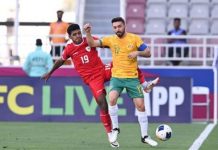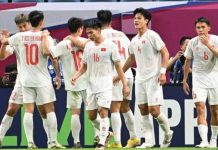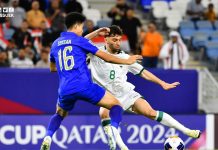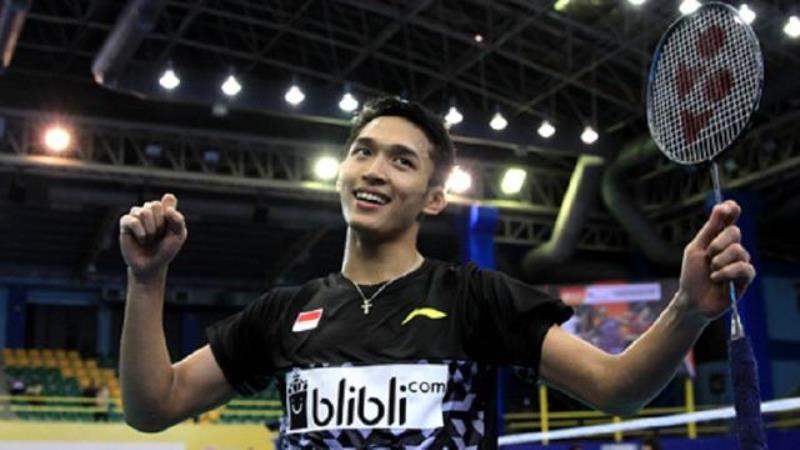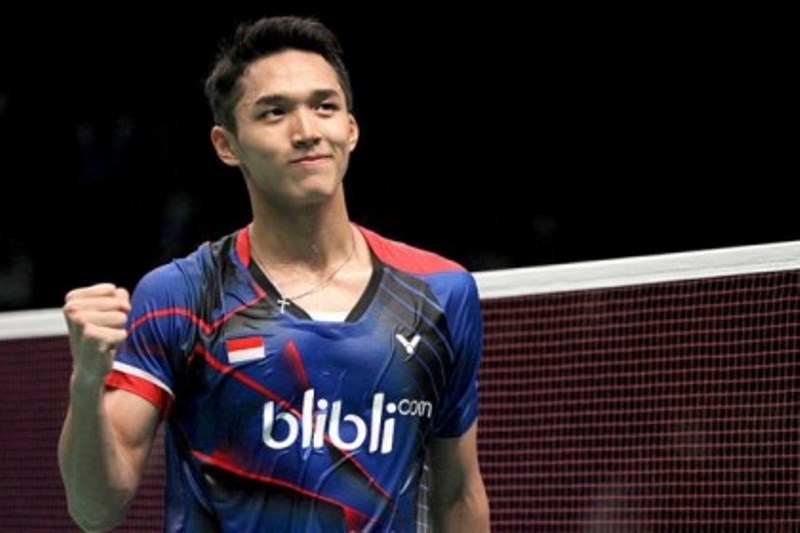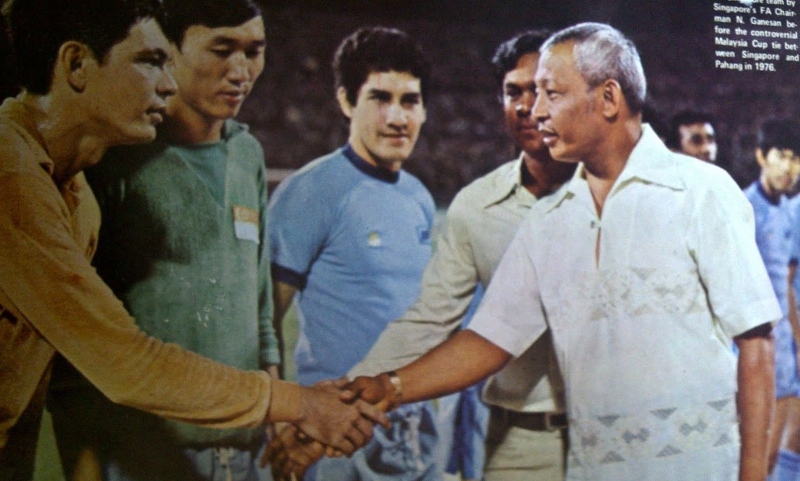
FOR a revered royalty, he had football in his blood and will always be remembered as the icon ruler who changed Malaysian football from amateur to professional.
Former Malaysian hero-striker Dato’ M Karathu paid this sterling tribute to the late Sultan Ahmad Shah Al Musta’in Billah Ibni Almarhum Sultan Abu Bakar, the fifth Sultan of Pahang for almost 45 years. He passed on Wednesday at 8.50am, aged 88, at the National Heart Institute in Kuala Lumpur.
“His Majesty was an exemplary sports-loving and people-oriented royalty with a down-to-earth personality. Football was in his blood and he served at every regional level, from FAM (Football Association of Malaysia), AFF (Asean Football Federation), AFC (Asian Football Confederation) right to the FIFA (Federation of International Football Association) headquarters in Zurich,” says Dato’ Karathu, who earned 38 ‘A’ caps for Malaysia (1963-1970).
Dato’ Karathu was an exemplary left winger who played his entire senior career with Perak. One of his proudest memories was when Perak beat Singapore 2-1 in the first Malaysian Cup final in 1967. At international level, he appeared in the 1966 Asian Games in Bangkok and inspired Malaysia to a 3-3 draw against the Asian All Stars in 1964. He also coached S-League club Woodlands Wellington (2002-03), wherein he won the S-League ‘Coach of the Year’ accolade.
Asian Football Confederation (AFC) general-secretary Datuk Windsor John Paul saluted the late King as a “sports lover”. He says: “His passion for football was extraordinary. He was behind the first World Cup Finals in Asia in 2002, jointly hosted by South Korea and Japan, under his presidency.
“He was instrumental in increasing the World Cup slots to 4.5 after staging a walkout in the 2000 FIFA Extraordinary Congress in Los Angeles. He even got the land from Malaysian government to build the AFC House in Bukit Jalil, which is now the Asian football headquarters.”
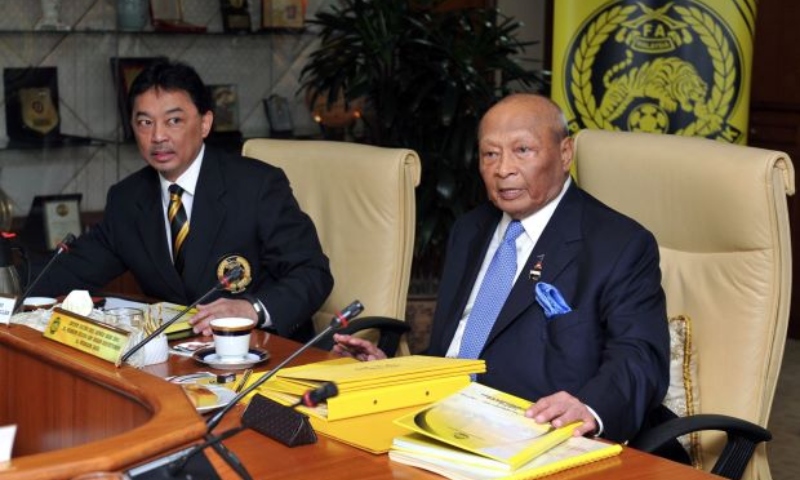
GREATEST ERA OF MALAYSIAN FOOTBALL
Former AFC general-secretary Dato’ Alex Soosay, now in Abu Dhabi with the UAE Football Association, singled him out as a “great sporting leader”. He says: “A true and honest leader with a vision to unify Asian football. For Malaysian football, he brought back the glory by introducing professional football, where Singapore and Brunei enjoyed the closely knitted Malaysia Cup and Malaysian-Pro League. He also infused financial support to all the states to further develop the game.”
Tough-tackling defender Datuk Santokh Singh remembers how the late Agong was President of the FAM at the “greatest heights of Malaysian football in the 1980s” when the Harimaus (nickname for Malaysian team) qualified for the 1980 Olympic Games. But Malaysia didn’t make it for the Moscow date as the United States proposed and led a block boycott of the Olympics in Moscow to protest the late 1979 Soviet invasion of Afghanistan.
“He was every players’ hero and took care of them off and on the field to the point he won their hearts and minds,” says Datuk Santokh, who won 104 ‘A’ caps playing for Malaysia (1972-80) and leading Selangor (1972-1985), winning nine Malaysia Cups as captain. “It’s almost impossible to find another King so dedicated to football, and now his son (the current Agong) has nicely followed in his footsteps.”
Dato’ M. Chandran, with 163 international ‘A’ caps who played in the 1972 Munich Olympic Games and the first Indian to captain Malaysia, eulogised him as a “great man with a genuine love for Malaysian football”. He adds: “He will be truly missed and his sporting achievements will remain legendary as he created a nation-wide fever for football.”
Former New Straits Times (NST) sports editor Lazarus Rokk, who was awarded the Darjah Indera Mahkota Pahang (DIMP) by the late King in 2017, moaned the death of an “old friend”. He says: “The one virtue that had always endeared me to him was his immense humility. Although he was a former King and Sultan then, His Royal Highness was able to step out of his royal court and conduct himself as a football administrator when he was with us. There was none of the royal protocol that we were subjected.
“More amazingly, he was not averse to constructive criticisms. We didn’t face any backlash on account of our criticisms. On the contrary he appreciated the input. Sultan Ahmad Shah was the kind of high-profile sports administrator, who was our dream official. I will miss you, old friend.”
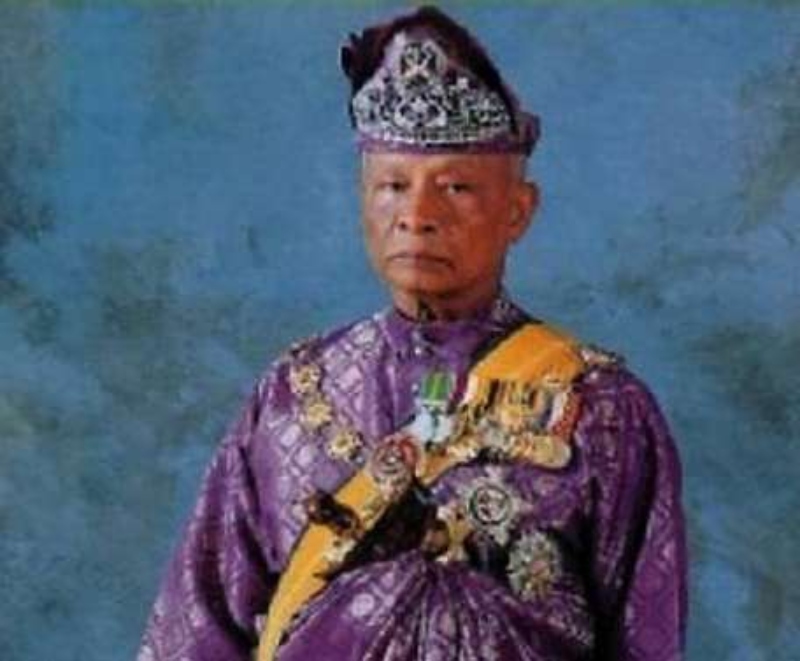
‘BREATH OF FRESH AIR’
Award-winning sports journalist George Das hailed him as a “breath of fresh air when he helmed the FA of Malaysia”. He says: “He was very receptive to players’ grouses and had a very close relationship even with the sportswriters. Interviews and press conferences with him were always easy going with jokes and laughter in between the serious questions.”
Across the Causeway, the magnificent tributes flowed from FAS (Football Association of Singapore) President Lim Kia Tong who described it as a “great loss to the football fraternity especially the Asean Football Federation (AFF) of which he was our respected leader”.
“Football and AFF lost a magnificent friend and leader whose royal status or official title did not dilute the wholesome humility that was the pillar of his character. He was full of wits and of humour and his absolute ease in making whoever talks to him so comfortable was amazing. In this regard the Asean football family will miss him dearly as it is difficult to find an equal,” says Mr Lim, who is also Deputy Chairman of FIFA Disciplinary Committee.
He adds: “FAS’ absolute and deepest sympathy and condolence go to HRH family and especially to His Majesty the King of Malaysia.”
The two Singaporean footballers most familiar with the Agong, who offered them Malaysian citizenship, are ex-Singapore skipper Terry Pathmanathan and midfield icon R. Suriamurthi, who rank as the first Singapore professional players to play in Pahang in 1982.
“He was a great caring person. When I was brought over to play for Pahang, he was the Agong of Malaysia. He, together with his son, made me feel so welcome. He was a fatherly figure to the team and I’ve always enjoyed his presence at the big matches and training,” says Pathmanathan, who played six years for Pahang, winning the Malaysia Cup in 1983 and named FAM ‘Footballer of the Year’ the same year.
“He was very inspiring and motivated the team with his positive and encouraging words. I recollect scoring the opening goal against Johor, within 28 seconds of the start of the match and Pahang won 3-1, I think. After the game, he came into the changing room and said I am not going back!
“He offered me citizenship and I was just caught unaware. I settled for Permanent Residency (PR) then. He also awarded me the PJK (Pinak Jasabakti Kerja) on his birthday in 1985. It’s a very sad loss of a great man and royalty who deeply cared for the people and sports. Rest In Peace your Majesty. You will always be loved.”
Suriamurthi, arguably one of the best midfielders in the region, also recollects how he was offered “instant citizenship” and rewarded with a Proton car with “CV 15” number plates. He says: “His Majesty is probably the best footballing gentleman and he’d do anything for the game. He took very good care of Terry and me. I will never forget the ‘CV 15’ car (named after my jersey) which I still keep in remembrance of a wonderful Agong.”
Former award-winning Singapore coach Jita Singh, who won the Malaysia Cup with the Lions in 1980, recalls his five-year stint from 1983 as Pahang’s technical adviser, concentrating on youth development, which was the late King’s passion.
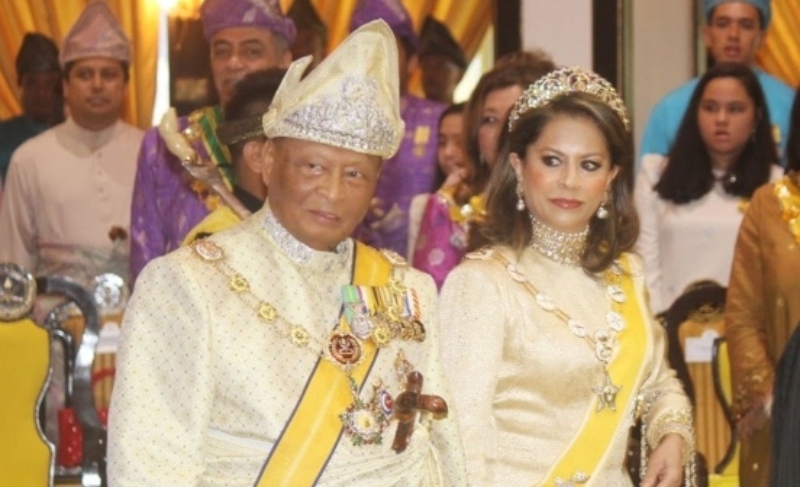
‘COMPASSIONATE & CARING ROYALTY’
“He’s a remarkably compassionate and caring royalty, a rare breed of die-hard football fans, whose priority always remained the welfare of the team,” says Jita. “During his reign, Pahang won the Malaysia Cup and also the Razak Cup (the junior tournament after 10 long years) and the successes truly fired up football-mania in the state.”
Malaysia Cup 1977 hero-striker Quah Kim Song, of the iconic Quah football family, remembers how he was invited to play for Pahang in the 1970s. He says: “His Majesty’s death is a great loss for Malaysian and Pahang football. He was genuinely keen in football, one of the first state teams to hire foreigners. I was invited by him in the early 1970s but very politely turned the offer down as I couldn’t imagine myself playing for a Malaysian state team.”
Dato’ T. Jasudasen, Singapore’s High Commissioner to Malaysia (2006-2011) who was conferred the Darjah Sultan Ahmad Shah of Pahang, which carries the title of Dato’, shared the close bondship the Agong had with (the late Prime Minister) Lee Kuan Yew. He says: “He was a friendly and effable Sultan with a good sense of humour. He had a liberal world-view and resisted pressures towards conservatism. He and Lee Kuan Yew were old friends and he was delighted when Lee Kuan Yew visited him for lunch at the Royal Palace in Pekan.”
For the record, Sultan Ahmad Shah was proclaimed as the fifth Sultan of Pahang on May 7, 1974 following the death of his father, Sultan Abu Bakar and the coronation ceremony was held at Balairong Seri, Istana Abu Bakar, Pekan on May 8, 1975. Born at Istana Mangga Tunggal in Pekan on Oct 24, 1930, he was the third child and only son of Sultan Abu Bakar and his consort Raja Ampuan Fatimah Sultan Iskandar Shah. He was appointed Tengku Mahkota (Crown Prince) Pahang in 1944, when he was 14 years old.
He was elected as Deputy Yang di-Pertuan Agong on September 21, 1975 and later became the head of state when elected to be the seventh Yang di Pertuan Agong from April 26, 1979 to April 25, 1984. After his tenure as head of state, he returned to Pahang, and as his health declined, he appointed Tengku Abdullah as the Regent of Pahang on December 28, 2016.
Sultan Ahmad Shah married Tengku Hajah Afzan Tengku Muhammad on April 22, 1954 and was blessed with two sons and five daughters, namely, Tengku Tan Sri Meriam, Tengku Datuk Seri Muhaini, Tengku Datuk Seri Aishah Marcella, Tengku Abdullah, Tengku Abdul Rahman, Tengku Datuk Nong Fatimah and Tengku Datuk Shahariah.
He has been the Constitutional Head of the International Islamic University (IIUM) since July 1, 1983, and the president of the Asean Football Federation (AFF) since 2011. He has also held posts as the president of the Football Association of Malaysia (FAM) from 1984 to 2014, and president of the Asian Football Confederation (AFC) from 1994 to 2002.
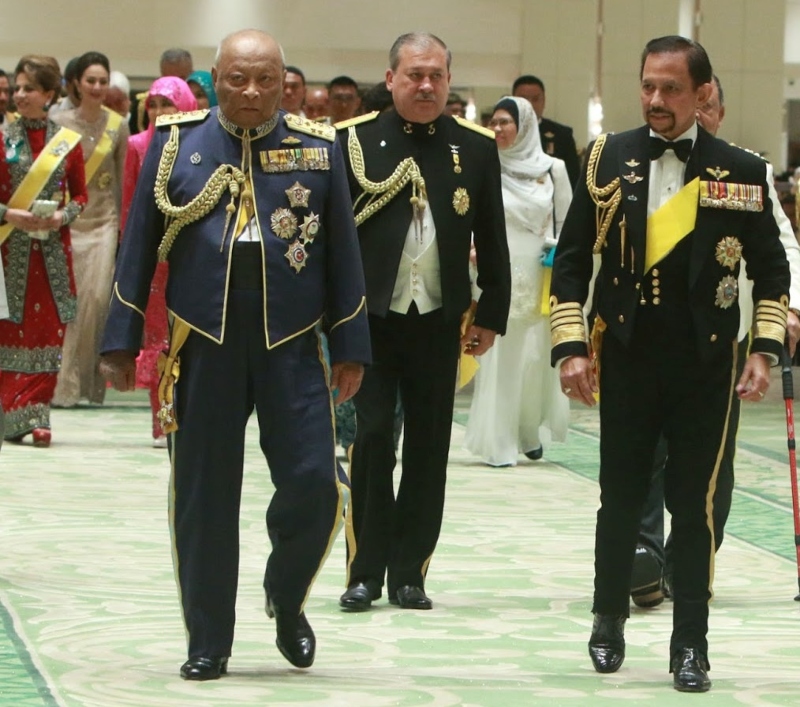
CHIT-CHAT ON FOOTBALL
Former Malaysia Cup assistant manager in the 1990s, K. Kandasamy, an ex-security officer stalwart with (the late) Lee Kuan Yew, recalls his encounters with the late King at the Changi Airport VIP Lounge. He says: “Such a simple, humble, friendly and jovial personality. Whenever he was transiting Singapore, we used to chit-chat on football as he knew of my involvement with the Lions.
“When I was in Kuantan for Malaysia Cup matches, he reciprocated by sending someone to make sure I was continuously looked after. I just cannot forget his hospitality and sincerity. His death is a great loss for Malaysia. I pray for his soul to rest in peace.”
The Football Association of Malaysia (FAM) praised the late Sultan Haji Ahmad Shah as the “longest serving FAM President”. He replaced the late Tan Sri Hamzah Abu Samah in 1984 up until 2014 when he gave way to his son, Al-Sultan Abdullah Ri’ayatuddin Al Mustafa Billah Shah.
The FAM statement said: “He left a huge impact throughout his involvement in the No 1 sport, starting as President of the Pahang State Football Association (PBNP). Under his leadership, local football competition went through a rapid evolution, beginning with a semi-pro league introduced in 1989 before becoming professional in 1996 and transformed into the Super League in 2004.
“In the last three decades, he witnessed the success of the national squad, including the 1989 SEA Games gold medal, 1993 Pestabola Merdeka, SEA Games 2009 and 2011 gold, and the AFF Suzuki Cup victory in 2010.”
MALAYSIA HOSTING FIFA YOUTH WORLD CUP
The FAM saluted him for his international football contributions, especially in “putting Malaysia on the world map by hosting the FIFA Youth World Cup in 1997”.
“He led the Asian Football Confederation (AFC) from 1994 to 2002 and among the figures that demanded for the expansion of quotas for the Asian continent in the 2002 FIFA World Cup, following the crisis in 1999 when the AFC delegation boycotted the FIFA Congress meeting in Los Angeles,” the statement added.
He was also President of the Asean Football Federation (AFF) from 2011 until 2019, with the success of the AFF Suzuki Cup as the largest asset of the federation.
A public holiday has been declared in Pahang on Thursday.
Malaysia will bid a heroic farewell to an exemplary football-adoring royalty, who intelligently knew how to use the world’s No 1 sport to evoke the “bola” passion among Malaysians. – By SURESH NAIR
- Suresh Nair is a Singapore-based journalist who found every football-encounter with the late Sultan Ahmad Shah from the 1980s impressively prolific. Never pulling royal ranks, his remarkably close relationship with the sportswriters was extraordinary as he nicely mixed the serious questions with jokes and laughter to win the hearts of the media.



